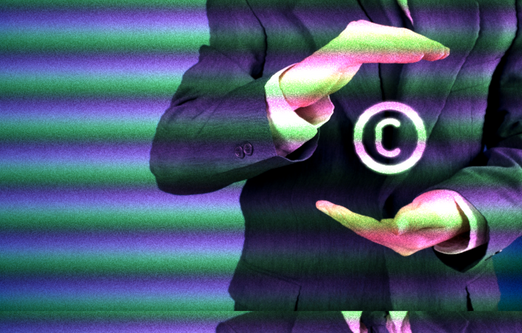If the law is a conversation stretching back centuries, then the law library is the collective memory holding every speaker’s words. It’s more than just a quiet room filled with books, it’s the physical, organized, embodiment of the rule of law. Without these dedicated repositories and the librarians who manage them, legal systems would collapse into chaos, losing the essential thread of precedent that provides stability and fairness. From ancient scrolls to digital databases, the story of the law library is the story of how society has endeavored to organize, preserve and apply justice.
The need to organize legal thought is as old as the law itself. While we don’t think of early monasteries or royal archives as “law libraries,” they did serve as that crucial function. During the medieval period, the centers of learning were often religious institutions and it was here that texts like the Justinian Code (a collection of ancient Roman law) were preserved and studied.
Demand for organized legal collections grew with the rise of the “Common Law” system in England, beginning in the 12th Century. Common law is not based on legislative code but rather judicial decisions, the rulings of judges in previous cases. Common law judicial decisions create precedent that other judges and attorneys can look at to understand what a court ruling could and maybe should look like for particular situations, a practice called “stare decisis.” This system of relying on common law court precedent requires an organized and searchable repository of judicial decisions, a need met by law libraries.
As the legal profession matured, so did the libraries that supported it. When lawyers and judges came to early America, they brought with them the common law tradition and therefore, the immediate need for law libraries. Early American lawyers often had small private libraries that may have been the most complete collection for their areas. However, over time, as many new laws were enacted and more court decisions piled up, private collections were soon not enough. The law needed to be publicly accessible, not just for the lawyers but also for the legislators and judges creating it.
A pivotal moment came with the establishment of the Law Library of Congress in 1832. The Law Library of Congress was tasked with maintaining a collection of both American law and also the laws of foreign countries. This library was created in recognition that law was a serious, specialized field requiring dedicated, professional management. Today, it is considered the largest law library in the world with over 2.9 million items, a testament to the nation’s commitment to documentation and precedent.
A common mistake people make about law libraries is thinking of them as just storage facilities. In reality, they are complex organizational systems and the law librarian is the expert navigator. A single legal topic might involve one or more federal statutes, state statutes, government agency regulations and dozens of court cases from various jurisdictions. This material must all be linked, cross-referenced and continuously updated. The law librarian’s traditional role has been one of guidance, teaching students, lawyers and the public how to use complex indexes, digests and citators (tools that track whether a court case has been overturned or is still good law). The expertise of law librarians transforms a mountain of confusing material into an accessible, navigable resource.
The late 20th century brought the most radical change to law libraries since the invention of the printing press. The rise of digital legal research databases and other digital legal resources made legal research faster and more powerful than ever before. This did not make the need for law libraries obsolete but rather changed and enhanced the way legal resources were accessed in the library. The core mission is still the same, access to justice. Law libraries now provide citizens with on-site access to expensive, proprietary digital databases that most probably couldn’t afford at home. Law librarians still offer assistance in navigating legal resources including digital resources and complex government websites containing legal material. The physical law library is still important for historical research, specialized collections and for the simple reality that not all legal materials (especially older, rarer or less cited materials) have been digitized.
Law libraries remain quiet powerhouses of legal information. They are a space dedicated to the continuity of the law and where the past informs the present. Law libraries help ensure that justice, however imperfectly applied, can always be grounded in clear, accessible precedent.
This blog post was written by Sylvia Watson, library law consultant and legal counsel, Indiana State Library.











